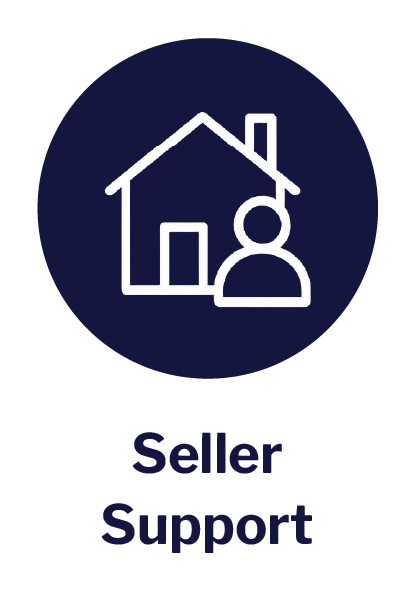Realtor Partners
As HOA management experts, we're your ideal partner in navigating the HOA landscape
We help you meet your sales goals in HOAs
By educating realtors on general and specific homeowner association information, we empower you to close deals with confidence and provide your valued clients with a seamless, positive homebuying or selling experience. How do we accomplish this?




Benefits of an HOA
When you understand the benefits of living in an HOA, you can better communicate them to potential buyers and directly correct common misconceptions about the industry. Key benefits include:
Property Value
Well-kept common areas and overall appearance standards ensure a community remains desirable
Shared Costs
All members pay an assessment (a regular fee), often used to maintain common areas and avoid larger, more expensive issues
Amenities
Some communities provide amenities that homeowners may not have access to otherwise
Community
Connections and communication with neighbors help to build a strong sense of community
Tools to Share

You and Your Community Association
We published an informative guide to help familiarize homeowners with the purpose, operation and benefits of community associations. Peruse this resource and share it with your clients by downloading a PDF copy below.
CAI Rights and Responsibilities
The Community Associations Institute (CAI) published a pamphlet of information about owner rights and responsibilities as members of an association.
You can view and download a PDF copy of this document below.


Get your free download
Sign up to receive this free download, "You and Your Community Association."
By submitting this form, you are consenting to receive marketing emails from: . You can revoke your consent to receive emails at any time by using the SafeUnsubscribe® link, found at the bottom of every email. Emails are serviced by Constant Contact
